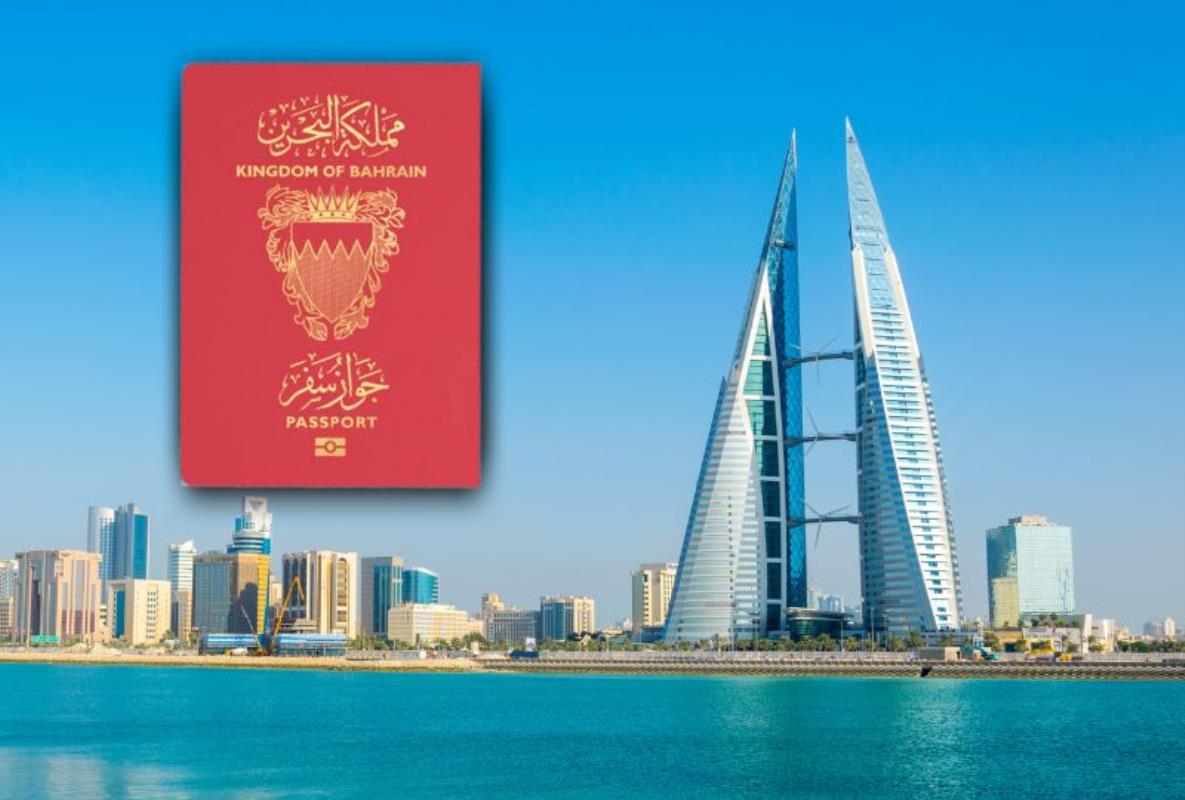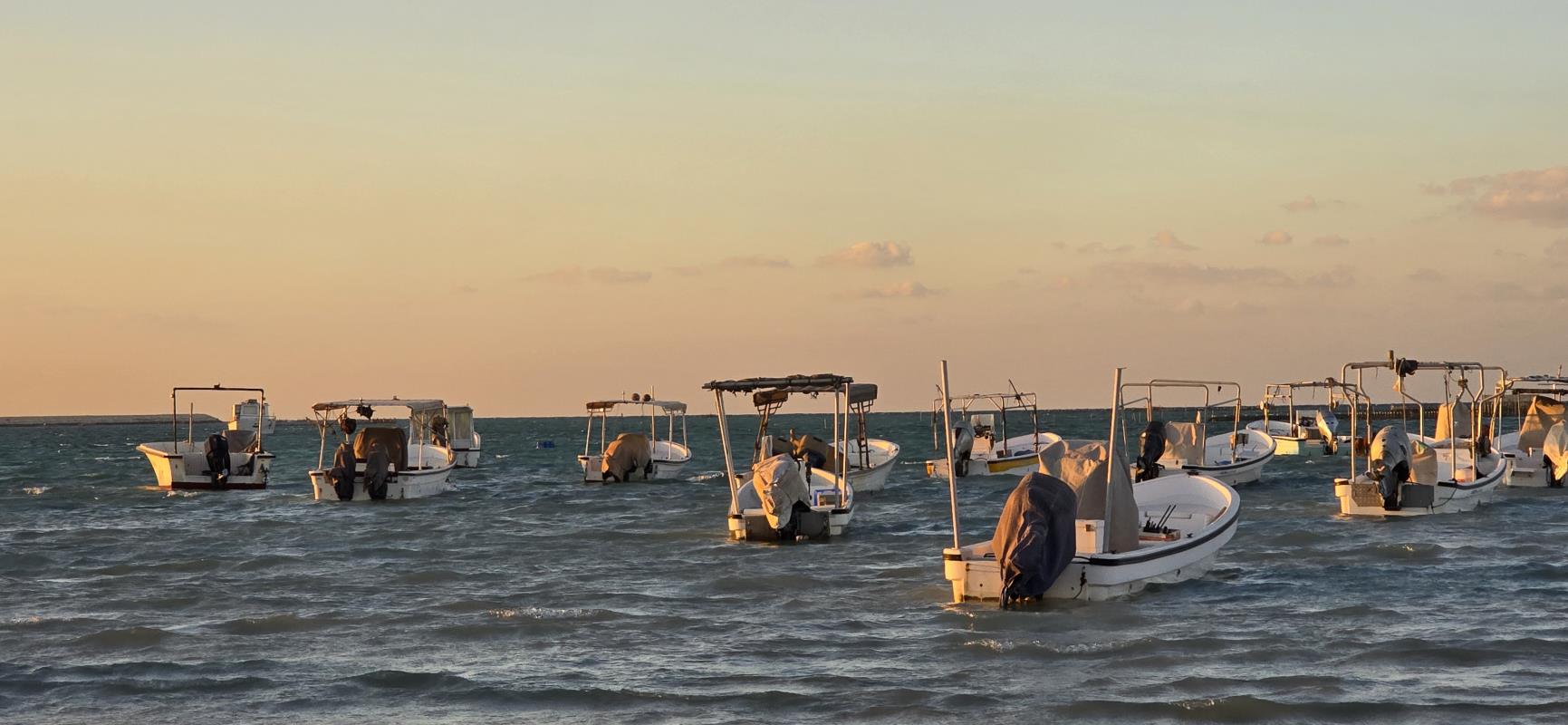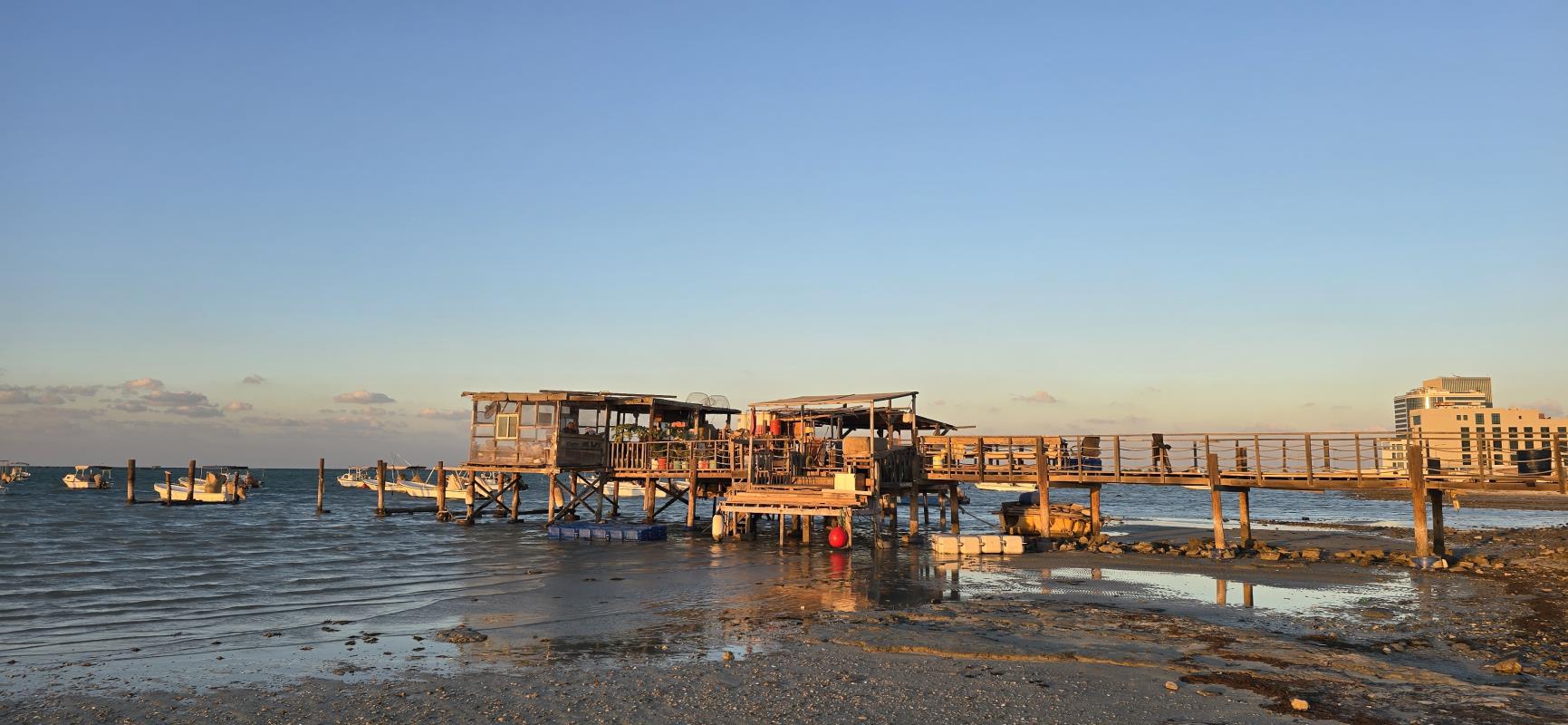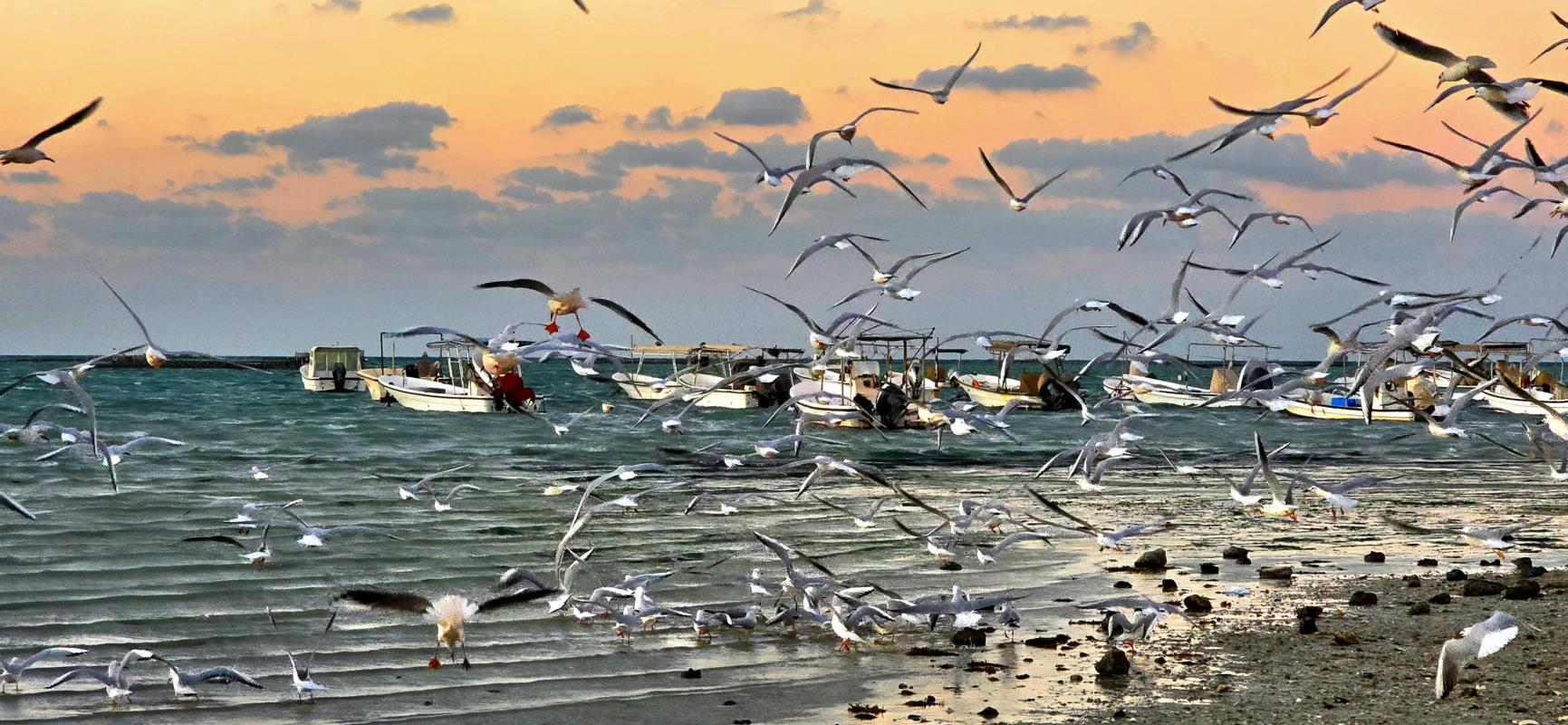The embattled Embassy of Italy in Bahrain is working tirelessly to support its citizens in the kingdom as the Covid-19 coronavirus continues to ravage through the European country at the epicentre of the current global pandemic.
At the time of writing, Italy had recorded a staggering 74,386 cases of the virus – second only to China where the outbreak started – with a total number of 7,503 deaths recorded.
Italy has proved particularly vulnerable to the virus due to its status as one of the world’s highest aging populations, experts suggest. According to government figures, 23 per cent of Italy’s population is aged 65 and above, the largest proportion in the European Union. More than four million Italians are aged 80 and above.
The embassy has been working around the clock in cooperation with the Italian Ministry of Foreign Affairs and International Cooperation Unit in Rome, which is tasked with assisting Italian citizens, of which there are approximately 500 permanent residents and 100 temporary visitors in the kingdom.
A spokesperson at the embassy said: “We are constantly updating the official website of The Embassy of Italy in Manama (www.ambmanama.esteri.it), which makes constant reference to the Italian ministry’s Viaggiare Sicuri (www.viaggiaresicuri.it/country/BHR), the official government site dedicated to foreign and travel advice.
“Bahrain has a specific page where all relevant information and travel advice, including current restrictions and recommendations, are presented.
“Due to the constant changing nature of the statistics surrounding the Covid-19 situation, all current restrictions are subject to continued evaluation and change by the local authorities. Therefore, we always advise our citizens to keep monitoring the dedicated page in order to have the available updates, whilst encouraging them to check with their airline ahead of any possible travel plans.”
Italian citizens in Bahrain have been advised to adhere to the local government recommendations, such as to contact the Covid-19 hotline on 444 if possible contagion is suspected.
Emphasis is also made to pay the utmost attention to maintaining good hygienic practices, reiterated by the local authorities in line with the preventative measures outlined by the World Health Organisation.
The Italian community in Bahrain is active in many economic sectors, some of which include engineering, oil and gas, business and entrepreneurial activities, food and beverage, as well as in the academic field, and within the culture and arts framework.
Alongside frequent updates, the embassy has focused its daily efforts in ensuring the promotion and protection of the interests of Italian companies, famously known worldwide as the ‘Made in Italy’ moniker, such as reporting any unjustified restrictions that may be introduced in light of the pandemic.
The embassy also reiterated its duty of care to the Italian community in Bahrain, particularly those separated from their families who are under severe quarantine instruction in their homeland.
“It is important for all the Italian community to be reassured of the enormous efforts taken by our government to reduce and contain the spread of this terrible virus,” the embassy spokesman added.
“The timely and proportionate response taken by the Italian government, together with the total transparency of information, with specific reference to the issuance of the March 9 decree imploring people to stay at home, is allowing the authorities in their fight against the virus.”
The embassy, alongside its counterparts across the kingdom, has been under immense pressure to support its subjects and staff have been inundated with emergency enquiries.
However, it states that immediate assistance has been offered to all distressed Italian citizens without delay, and all information has been accurately shared as soon as possible through the official website and social media.
Embassy staff have put in place several internal precautionary procedures too, such as keeping a one-metre social distance and distributing hand sanitisers to all offices and waiting areas, which aims to protect both internal personnel and external physical visitors.
According to the embassy: “These precautions in no way affect the embassy’s ability to guarantee the effective and continued services to our community. Where possible, we have also adopted smart working and virtual communication, avoiding the need of physical meetings.”
ITALIAN expats living in Bahrain are anxiously watching the world news for the latest developments of the devastating Covid-19 outbreak in their home country and neighbouring European countries.
The northern Italian region of Lombardy, by far the hardest-hit, showed a steep decline in the number of deaths and new infections this week, raising hopes that the epidemic may be slowing at its original epicentre.
However, optimism was tempered by warnings from the south, where contagion and deaths are far less widespread but are rising steadily, and could overwhelm a health service which is much less well equipped than in the richer north.
So far there have been 74 deaths in Campania, the worst affected southern region of Italy. The central region of Lazio, around the capital Rome, has registered 95 fatalities.
One newcomer to the island, Paolo Prioglio, 24, a football coach at the Juventus Bahrain Academy, has been in regular contact with his family who live in the eastern coastal region of Marche.
He said: “Luckily, due to it being a series of smaller towns rather than an area with a large metropolitan city, the region hasn’t been hit anywhere near as badly as the north.
“However, severe curfew restrictions are still in place and the best advice is to stay at home. Thankfully, my family are being sensible and only leaving the house for essentials. I have regular contact with them every day via video-calling apps and they keep me up-to-date with what’s happening.
“To be honest, I feel a lot safer in Bahrain than I would if I was still in Italy. Actions are taken almost instantly here and everyone adheres to the regulations without argument or trying to skirt them in subtle ways.
“I think the authorities were too slow to react to the outbreak back home. The government should have taken stricter measures earlier. It’s worrying how even now, there are some people in my hometown not fully appreciating the situation and acting accordingly.
“There are simply not enough intensive care doctors to look after an increasing number of people needing serious help all at one time. People need to strictly adhere to the ‘stay at home’ order even in areas that have not be so badly hit because I think that would help the country overcome this dire situation sooner rather than later.”














































































